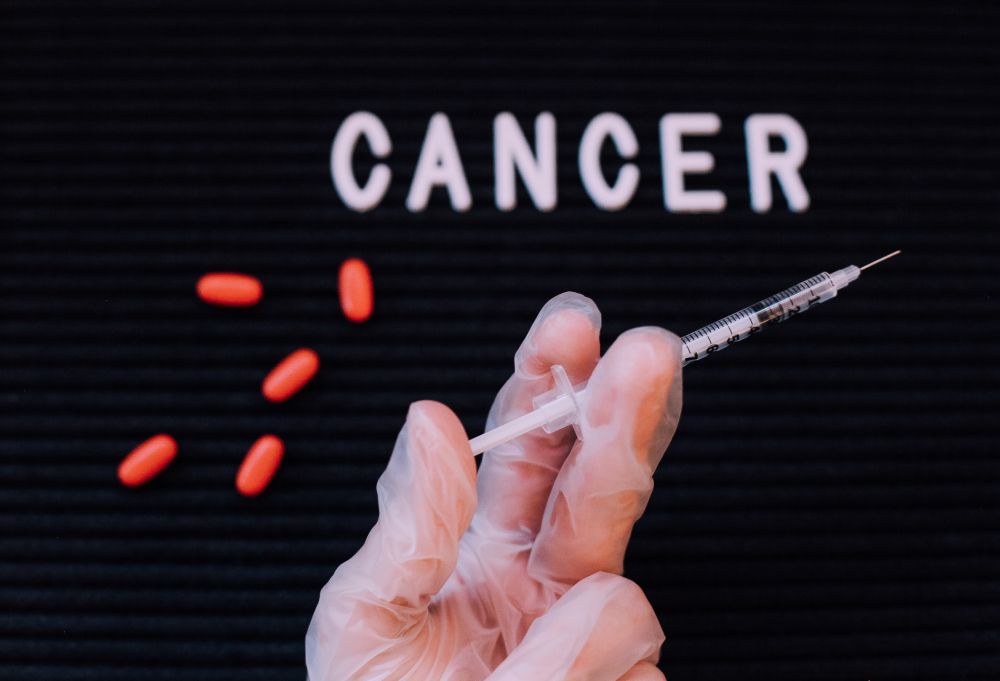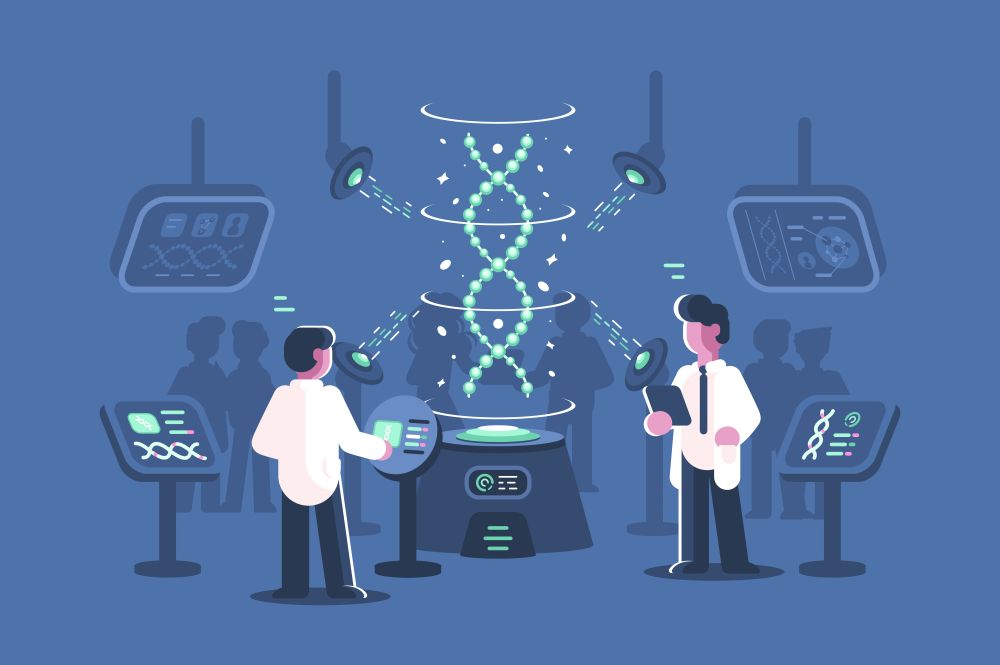Global Partnership Offers New Hope for Pakistan's Young Cancer Patients
Posted 4 months ago
Pakistan has been selected to participate in a prestigious World Health Organization program that will provide free cancer medications to children starting this year. The initiative, developed in partnership with St. Jude Children's Research Hospital, signals a promising shift in global health equity and a powerful vote of confidence in Pakistan's capacity to elevate its pediatric healthcare system.
The Global Platform for Access to Childhood Cancer Medicines, launched in 2022, brings life-saving treatment to countries where such access has long been inconsistent or unattainable. Pakistan's inclusion in the 2025 cohort marks not just an international endorsement but a pivotal opportunity to transform outcomes for thousands of young patients diagnosed with cancer each year.
The Cost of Being Born Sick
Every year, more than 8,000 children in Pakistan are diagnosed with cancer. Most of them do not survive, not because the cancers are especially aggressive, and a proper healthcare system is not available. In a nation of over 240 million, pediatric oncology remains a luxury.
Basic cancer drugs, those that would be standard in high-income countries, have either limited availability in Pakistan or are priced far beyond the reach of average families. Pediatric oncologists, though talented and committed, are stretched thin and under-equipped.
Against this bleak backdrop, Pakistan's selection for the WHO-St. Jude's platform feels a ray of hope.
The Platform and Its Promise
Launched in 2022 with a $200 million commitment from St. Jude, the platform represents one of the most ambitious global efforts to address pediatric cancer disparities. It aims to ensure consistent access to 37 essential medicines while simultaneously strengthening treatment protocols, health systems, and supply chains in low- and middle-income countries.
With Pakistan now on board, the platform expands its footprint in South Asia, a region where childhood cancers are rising, yet survival rates remain dismally low. Globally, over 90% of children with cancer live in low- and middle-income countries, but only about 20% of them survive, compared to more than 80% in high-income countries.
Expert Voices and a Call to Action
Prof. Dr. Muhammad Mukhtar, Editor-in-Chief of Biomedglobal, praised the initiative as "a rare convergence of science, equity, and humanity."
"This program is not just about delivering medicines," Dr. Mukhtar said in an interview. "It's about saving dreams. It's about telling a mother in rural Punjab or interior Sindh that her child's life is precious. That they matter. That Pakistan matters."
"The medicines are a start. But if we don't invest in oncology training, diagnostic infrastructure, and follow-up systems, we'll only be scratching the surface. Cancer care is a continuum, not a pill, not a headline." says one of the famous oncologists.
Behind the Applause, the Urgency
The inclusion in the WHO platform undoubtedly offers prestige. But it also carries responsibility. Pakistan's health ministry will need to work closely with WHO and St. Jude to develop sustainable implementation strategies. That means ensuring medicines reach the right hands. It also means data collection, patient tracking, and integration into broader public health planning.




